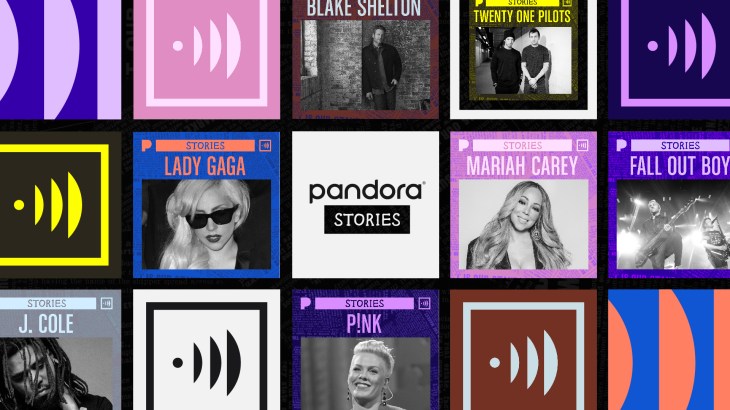
Pandora: Unveiling the Magic of Music and Podcasts
Pandora, the name that echoes the mythical allure of a music box, has become synonymous with music and podcast streaming. In this article, we’ll delve into the origins of the app’s name and explore why it has garnered such immense popularity among users aged 25 to 65.
About Pandora: The Name and Its Origins
The name ‘Pandora’ has its roots in Greek mythology. According to the myth, Pandora was the first human woman created by the gods, and she possessed a box (or jar) that she was instructed not to open. However, curiosity got the better of her, and she opened the box, releasing all the evils into the world but leaving hope trapped inside. Similarly, Pandora aims to unleash the magic of music and podcasts while leaving you hopeful for more.
Launched in the early 2000s, Pandora started as a project to personalize internet radio. It was designed to introduce users to new music based on their preferences, creating a personalized listening experience like no other. The name ‘Pandora’ symbolizes the idea of discovering something unexpected and delightful, just like opening a box of treasures.
Why Pandora is Getting Popular
Pandora’s popularity has surged over the years, and here’s why:
- Personalized Music Discovery: Pandora’s Music Genome Project is at the heart of its success. It uses a sophisticated algorithm to analyze songs based on hundreds of attributes, allowing it to recommend music that closely matches your taste. As you listen and provide feedback, Pandora refines its recommendations, making every session better than the last.
- Diverse Content Library: In addition to music, Pandora has expanded its offerings to include a wide range of podcasts. This diversification allows users to switch seamlessly between music and podcasts, catering to various entertainment needs.
- Ad-Free Listening: Pandora offers a premium subscription service that provides ad-free listening, unlimited skips, and offline downloads. This has attracted users looking for a seamless and uninterrupted listening experience.
Advantages Over Competitors
- Music Recommendation Accuracy: Thanks to its advanced algorithm, Pandora’s music recommendations are highly accurate, ensuring you discover new tracks that resonate with your preferences.
- Podcast Variety: The platform’s extensive podcast library covers a wide array of topics, making it a one-stop destination for both music and podcast enthusiasts.

Any Minuses of Pandora
While Pandora offers an outstanding experience, it’s important to note a few drawbacks:
- Limited Availability: Pandora’s services are primarily available in the United States, which can be frustrating for international users who wish to access its content.
- Limited On-Demand Features: Compared to some competitors, Pandora’s on-demand features for specific songs or albums are limited. If you prefer full control over your playlists, you may find this aspect lacking.
Is Pandora Worth the Investment?
In summary, Pandora’s unique approach to music and podcast discovery sets it apart in the streaming world. Its name, inspired by the mythological box of wonders, reflects the surprises it has in store for users. While it may have some limitations, its accurate recommendations, diverse content library, and ad-free listening experience make it a compelling choice. Whether it’s worth the investment depends on your personal preferences, but Pandora’s continued growth and innovation suggest it has further potential in the music and podcast streaming industry.




